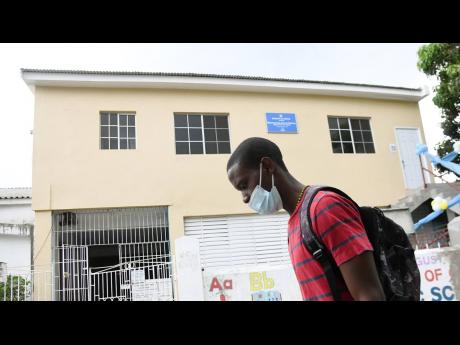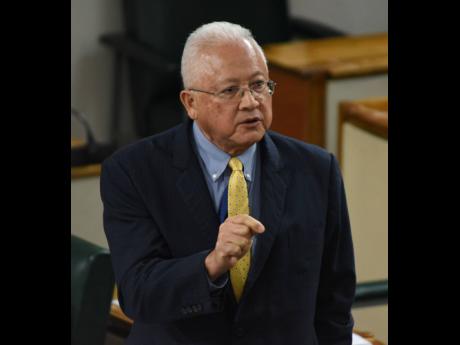Power play hampering take-up of alternative dispute resolution methods
Jamaica’s court system is so congested that cases are now being set for mention in 2026 and 2027, a reflection of the unending gridlock affecting the judicial system, Minister of Justice Delroy Chuck has admitted.
This is despite ongoing efforts to get Jamaicans to see the value of using less litigious courtroom strategies, a move which backfired when Government invested in getting more of the less difficult cases dealt with using two alternate dispute resolution (ADR) strategies – restorative justice and mediation. This was against the backdrop of the chief justice urging judges to refer more matters to ADR, emphasising that it was an appropriate means of conflict resolution and more practical than spending time in court for months on end, waiting for a case to be settled.
The feedback from the chief justice was most disappointing, the justice minister shared with members of the local, regional and international judiciary fraternity who had gathered at the Eon Nigel Council Room at The University of the West Indies, Mona campus regional headquarters to witness the investiture of John Bassie as global president of the Caribbean Institute of Arbitrators on Thursday evening.
“The chief justice said, well a lot of litigants regrettably can’t afford the mediation fee. They can’t even afford the bus fare to come to court, much less the mediation fee.” So, in response, Chuck said he took a decision to offset the cost of these proceedings as a surefire way of getting Jamaicans to buy in.
“I decided a couple years back to get funds so that if the parish court judge referred a matter to mediation, we paid for it. If they referred a matter to restorative justice, we paid for it. But we also encouraged victims to go to Victim Services to get counselling, and to avoid retaliation, because, frequently, that is what happens and it’s working quite a bit,” he disclosed.
However, given the relatively limited success of the last strategy, against the background of the major investment by the Government, with at least 20 restorative justice centres established across the island, where persons in dispute can attend, they are not making use of them, due in large measure to a cultural issue, Chuck admitted.
“People are not making use of them; and what they do, if they don’t kill one another in the streets, is to use power play, because you find that they feel that the way to solve problems is to demonstrate who has the most power. Whether by the guns or brute force. It’s power play that far too many of our citizens use to solve problems.”


